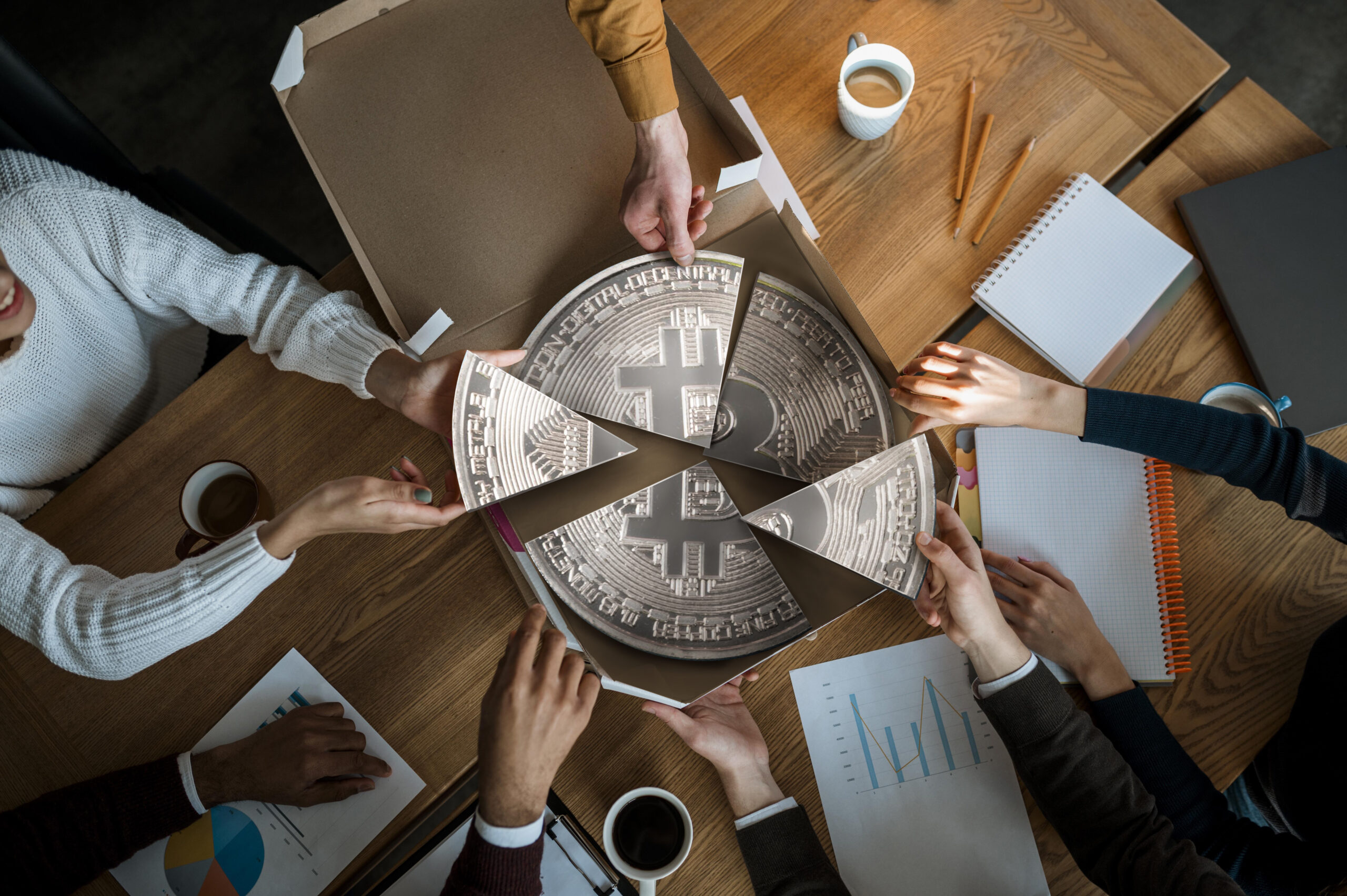As crypto scams and money laundering surge across Southeast Asia, Thailand isn’t sitting back. The country just rolled out major new crypto crime laws, going after unlicensed foreign platforms and cracking down on P2P services used by scammers.
Cabinet Approves Tougher Crypto Rules
On April 8, Thailand’s Cabinet gave the green light to a new wave of amendments to its Digital Asset Business Act and Cybercrime Law—set to kick in once published in the Royal Gazette.
What’s the goal?
Protect users, stop scams, and make it harder for criminals to use crypto in Thailand.
What’s Changing? Here’s the Breakdown:
- Crypto mule accounts = jail time. Up to 3 years in prison or a 300,000 Baht (~$8,700) fine for letting scammers use your accounts
- Blacklist for bad wallets. If a wallet is tied to a scam, it goes on a national “no-transact” list
- Foreign exchanges in the crosshairs. Regulators can now block sites and apps instantly
- Licensed Thai exchanges = watchdogs. They must flag, suspend, and report shady activity—and help get victims their funds back
Even banks, telecoms, and social media platforms are on the hook. If they let scams run through their systems, they could be legally liable too.
Thailand Still Loves Crypto—But Not Criminals
Thailand’s not anti-crypto—in fact, it just approved USDT for trading and payments on local exchanges.
But when it comes to crime? Zero tolerance.
In February: 4 Russian hackers were busted in Phuket for ransomware attacks worth $16M in BTC.
In March: 2 Chinese nationals were caught running a $17.7M scam via fake crypto platforms—one suspect was even wanted for kidnapping.
OKX Under Fire: Next Exchange in the Crosshairs?
Thailand’s SEC is going after OKX, accusing the global platform of operating illegally and running promotions without a license since 2021.
They also claim OKX ignored KYC and AML standards. If proven, OKX execs could face daily fines or jail time.
Thailand’s already targeted Binance and Bybit, and OKX might be next in line.
The Bottom Line: Crypto Is Welcome, But Rules Apply
Thailand is sending a loud, clear message:
Innovation = good
Crypto crime = not tolerated
Foreign exchanges = play by the rules or get blocked
And with regulators now teaming up with banks, telcos, and the private sector, Thailand’s new laws could become a model for other countries dealing with the same threats.



